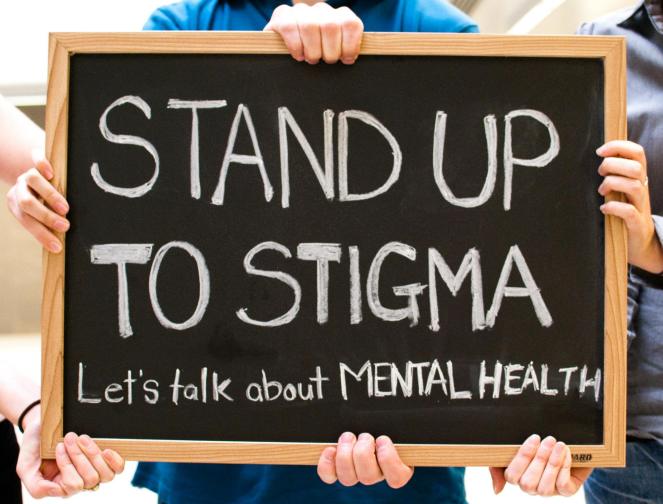So how are you really feeling?
Thursday was Time to Talk Day 2018, a chance for us to speak openly about mental health, something that doesn’t happen as much as it should. There is a certain stigma associated with mental health, however when 1/4 people are affected by mental illness each year, it really is time to stamp out the sigma and talk about mental health. Following on from Paula’s post about what to do if you are worried about a friend’s mental health, I thought I would share some first hands tips of how to stay mentally healthy in a university environment and what to do if you feel that you are suffering in any way. In this post I will mainly be referring to stress, anxiety and depression as these most commonly affect students.
- Noticing the signs in yourself: Signs that things might not be going well, and that you may be suffering from mental illness, can include feeling down, unable to enjoy yourself, constantly anxious, irritable, and oversensitive. There could also be more physical symptoms such as over/under eating, struggling to fall asleep or get out of bed in the morning, exhaustion or restlessness, panic attacks amongst many others. These might be accompanied by constant negative, and even suicidal, thoughts fluttering in your head and a general feeling of being dragged down or trapped.
- Talk to someone: On average, someone suffering from mental health issues won’t tell even their closest friends and family for over a year. Although talking to someone can feel like one of the most difficult things to do, it can really help because it allows you to consolidate your thoughts and emotions. Honestly, don’t be nervous about how you will be perceived or whether this will change how someone treats you because if they do change the way they act around you, it’s only because they don’t understand. Talking to them about what you’re going through will remind you that you are not alone in this and that you do have support, while explaining how you feel will also help those around you to understand what, why, and how you are feeling and what they can do to help, even if it’s just keeping an extra eye out for you. Letting someone know that you’re not okay can actually be such a big relief as you won’t have to hide how you are feeling from that person, you can just be yourself with them.
- Routine: Having a set routine that keeps you busy can be really helpful as it will leave less time for your mind to idle, which is often when negative thoughts can take over leading to low mood and anxiety. Going to sleep and waking up at the same time each day sets your body clock, allowing you to feel slightly less tired during the day. Make sure to take plenty of breaks from work, cook healthy food, and take part in at least two hours of exercise a week. Even a short walk around the block in the evenings helps to clear your mind or participating in a sport that involves some competition and teamwork is a great distraction from work and everything else going on. Make sure to keep some time aside for yourself, where you can be alone and reflect on events.
- Thought journal: Keeping a thought journal allows you to not only track your mood over a period of time, but also to have a space to express exactly how you feel without judgement. It’s somewhere you can just write for you and can really help to get things out of your mind. Writing down some of your happy memories is also great as then when times get rough, you have something to look back on that reminds you of a better time and can sometimes cheer you up.
- Contact your GP or the university counselling service: If things get too bad or you find that you are unable to continue with daily tasks or are harming yourself in any way then contact your GP, the Imperial College Health Centre or Imperial College Counselling without hesitation. Asking for help can seem daunting however I can guarantee that after seeing a professional, and being offered the right sort of therapy or counselling, you will definitely learn how to cope better.
- In an emergency: Here are some places you can get immediate help if you find yourself affected by mental illness at any time:
- If you or someone else is immediate danger contact 999
- The Samaritans 24/7: National Helpline: 116 123, local number 020 7734 2800
- In an emergency Chelsea and Westminster Hospital A&E that has psychiatric provision
- West London Mental Health trust helpline 0300 1234 244
- Some other more specific helplines can be found here
So whatever you do, make sure you are looking after your mental health and most of all, don’t be afraid to talk about it.





What a brilliant post. Really helpful, thank you!
Wonderful work! This is the kind of information that are meant to be shared across the net.